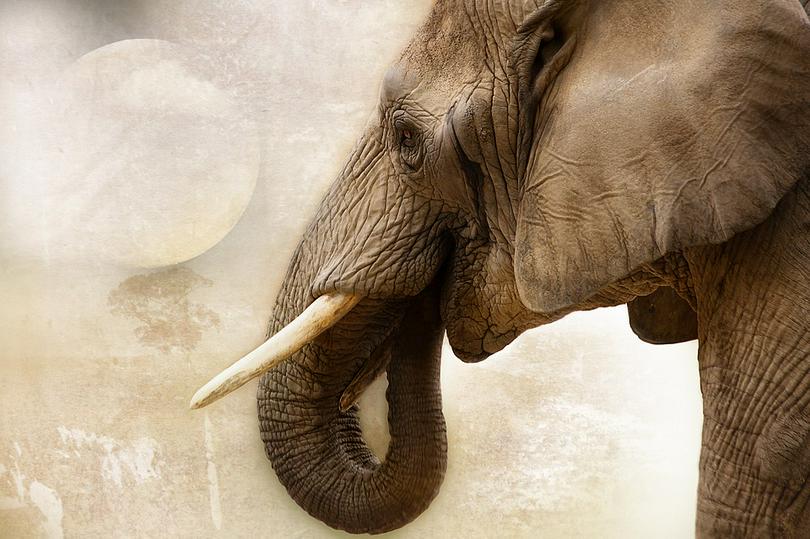After years of battling, China has finally taken the historic step to shut down its legal and government-sanctioned ivory trade.
The ban takes into effect earlier this week with wildlife activists calling it a crucial step if the world wants to reduce the slaughter of critically endangered animals.
Legend of the Ivory Trade
Ivory has been traded for hundreds of years by people in regions such as Greenland, Alaska, and Siberia. In recent times, the trade has led to a lot of things, but the most prevalent consequence of such act is mainly the endangerment of species, resulting in restrictions and bans.
Ivory was formerly used to make piano keys and other decorative items because of the white color it presents when processed but the piano industry abandoned ivory as a key covering material in the 1970s.
However, due to excessive hunting and high demand, it resulted to the abuse of such trade and the endangerment of elephants from around the world.
The trade in ivory has been legally thriving in China and Hong Kong since 1975. However, demand for ivory in China has fallen since early 2014 because of a crackdown on corruption and slower economic growth.
On the other hand, public awareness campaigns featuring celebrities have helped boost awareness of the bloody cost of ivory.
Prior to that, according to wildlife groups, they have estimated that roughly 30,000 elephants are killed by poachers in Africa every year.
'It is the greatest single step toward reducing elephant poaching,' said Peter Knights, chief executive of the group WildAid.
The ban on all ivory sales has already led to an 80 percent decline in seizures of illegal ivory entering China as well as a 65 percent decline in raw ivory prices, WildAid claimed.
Under the ban, China's 172 ivory-carving factories and retail outlets will also close. Some factories and shops started closing in March.
Illegal ivory supplies have also been rife in unlicensed shops and online across China.
Conservationist Zhou Fei said the Chinese ban could be a catalyst for the closure of ivory markets across Asia.
However, Kenya-based conservation group Save the Elephants said this year that neighbouring Laos has expanded its retail market more rapidly than any other country.








